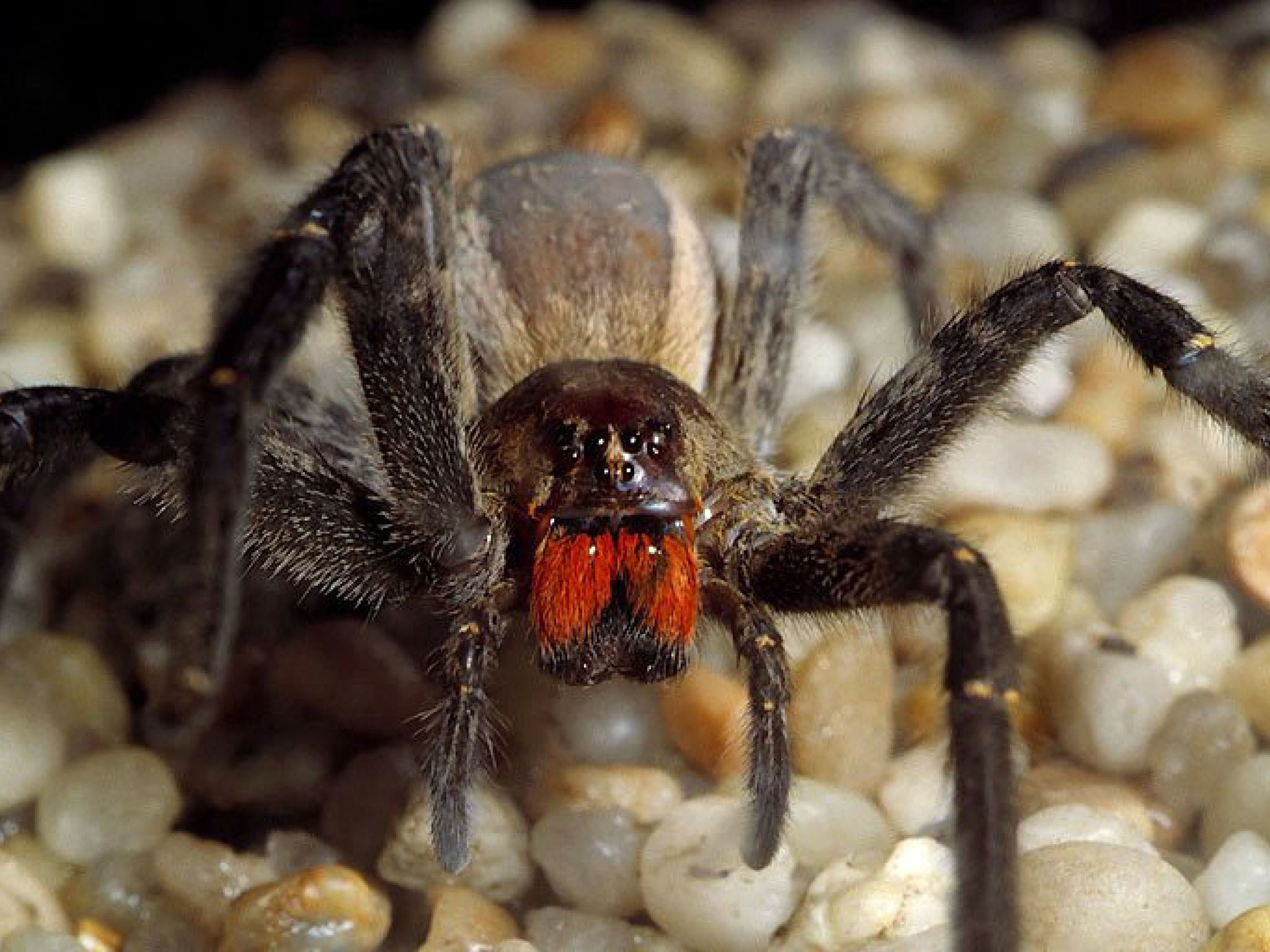Woman finds eggs of 'world's deadliest spider' in bunch of Tesco bananas
Pest control experts told Abby Woodgate to burn anything that had come in to contact with the Brazilian wandering spider eggs

An Essex woman got more that she bargained for when she found eggs from the ‘world’s deadliest spider’ in a bunch of bananas from Tesco.
Abby Woodgate, 30, made the horrifying discovery when she bought the fruit at her home in Colchester.
After mistaking a white lump on the skin for mould, she poked the patch with a toothpick to reveal dozens of tropical eggs from the highly venomous Brazilian wandering spider.
She was told by pest control experts that she would have to burn anything that had come in to contact with the spider eggs – including her vacuum cleaner, which she used to clean them up – because the arachnids are so toxic. The venom causes a great deal of pain, loss of muscle control and breathing problems, which in deadly concentrations can result in paralysis and asphyxiation.
“I couldn’t believe it when the little cocoon opened,” she said.
“I thought it was just some mould and I was trying to get it off so I could use the rest of the bunch.”
“Even when I saw what was in it – it looked just like frog spawn – I still didn’t think the worst. But then it dawned on me and I jumped and threw them in the bin.”
A few eggs also dropped on the floor, which Mrs Woodgate vacuumed.
After contacting Tesco’s Highwoods store, which had made the delivery to her home, pest control experts were sent out.
“The pest controllers asked where the eggs were and I told them the bin and they said: ‘Right, we’ll take that,” Ms Woodgate said.
“Then they asked had anything else come into contact with the eggs, and I told them about my vacuum cleaner, so they said: ‘We’ll have to take that too.'”
Tesco has offered to replace her bin and the vacuum cleaner.
A spokesperson said, “We set ourselves high standards for the food we sell and were concerned to hear of this incident.
“We’ve offered Mrs Woodgate a gesture of goodwill and will be asking our supplier to investigate.”
British supermarkets source bananas from Brazil, Costa Rica, Ecuador and Colombia, home to the some of the world’s most venomous spiders.
It is not yet known where Mrs. Woodgate's discovery came from.
Brazilian wandering spiders, also known as banana spiders, are native in Central and South America. They are listed in the Guinness Book of World Records as the world’s most venomous spider.
Join our commenting forum
Join thought-provoking conversations, follow other Independent readers and see their replies
Comments
Bookmark popover
Removed from bookmarks